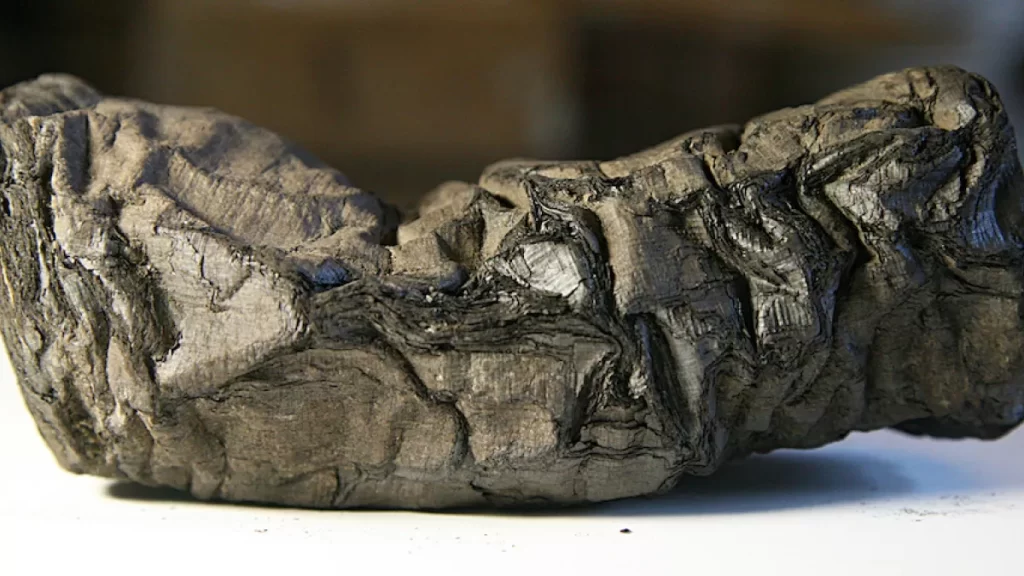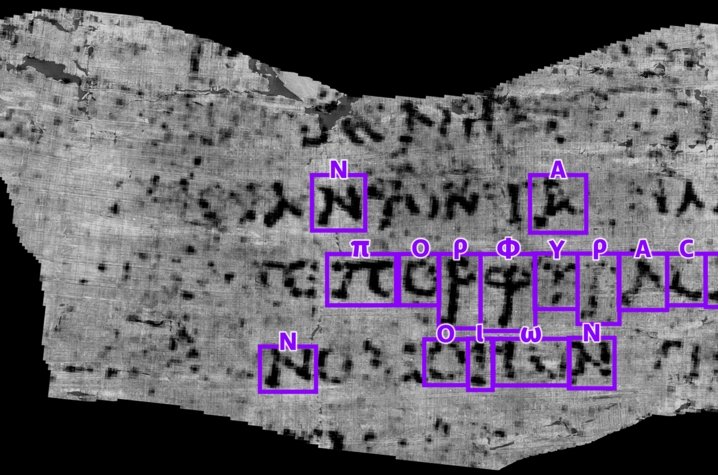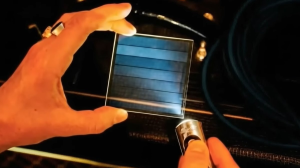The Vesuvius Challenge, led by tech executive Nat Friedman, deployed AI to decode never-before-seen musings from ancient Greek philosopher Philodemus.
The Herculaneum papyri which Mount Vesuvius carbonized in AD 79, has been considered unreadable for centuries.
New Scientist, a popular science magazine, said it’d cost anywhere from $1 million to $5 million to decode the entire scroll.
First Milestone
Luke Farritor, a student at the University of Nebraska-Lincoln, became the first individual to decode and read a word from the ancient Herculaneum scrolls last year.
Luke was awarded $40,000 as part of the Vesuvius Challenge, a competition that offered prizes to those who could decode the ancient text.

The Latest Discovery
A team of papyrologists, including Luke, Youssef Nader, and Julian Schilliger, won a $700,000 grand prize after reading more than 2,000 Greek letters from the scroll.
The team used 3D mapping and AI to decipher characters, marking a pivotal moment in decoding ancient texts.
The team has yet to decipher 800 other scrolls, but the cost of doing so is gigantic.





